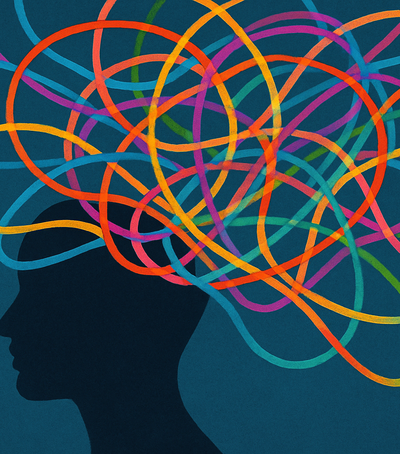
You’ve probably experienced it too: you’re walking somewhere when suddenly a scent – ??whether it’s that of a freshly baked dessert, the dampness of the earth after a rainstorm, or a forgotten perfume – stops you in your tracks and transports you to a vivid memory, often from childhood. It’s a strange, almost magical sensation. But behind it lies a deep biological and emotional mechanism that is increasingly being explored by modern science.
The anatomy of an aromatic memory
Our olfactory system has a direct connection to the amygdala and hippocampus – brain centers responsible for emotions and long-term memory. Unlike other senses, which are initially processed in the cerebral cortex, smell passes immediately to these emotional regions. This makes scent a unique “gateway” to our past.
Memories associated with scents are often stronger and more lasting than visual or auditory ones. So, the smell of baking bread might bring to mind your grandmother, a sea scent – ??your first family vacation, or a specific cologne – your first love.
How to use aromas for well-being?
In psychology and therapy, aroma is increasingly being considered a powerful tool for emotional self-regulation. Here are some practical ways:
Create a personal “scent library”: Use perfumes, essential oils, or soaps that bring you calming or energizing feelings. Applying them in moments of stress can restore a sense of security or joy.
Use scent as part of your routine: The scent of lavender before bed can promote relaxation. While citrus in the morning can boost focus and mood.
Aromatherapy in home spaces: Some environments scented with cinnamon, vanilla, or rose can create feelings of warmth and emotional connection.
Scents as collective memory
Scents are not just individual memories – they create cultural memories. In different places, the scent of butter, coffee, mowed grass or wood smoke can have different meanings, but always with great symbolic power. They are connected to the seasons, holidays, traditions and experiences that have built our identity.
After all, scent is a subtle, yet powerful way to remember who we are and where we come from. In a world that is always on the move, a deep breath can take us back in time – where the heart is still small and everything tastes purer.





